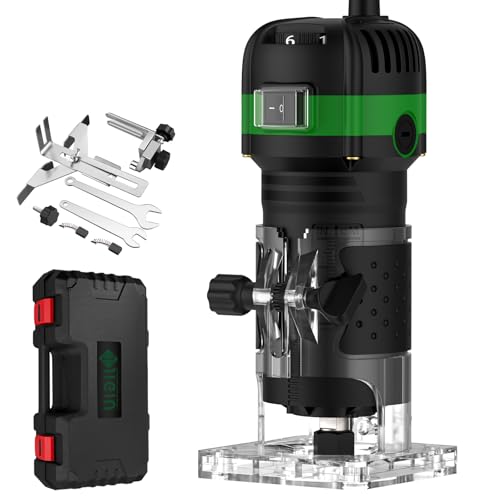I've got a dicey main water valve in my house.

25 years ago I shut it off to change the kitchen tap and when I switched it back on, it leaked pretty badly.
I called a plumber and asked for it to be changed but its "lead" apparently (or the piping is) and plumbers don't do lead anymore.
The irony...
Anyway, the plumber did "something" to stop it leaking and after that I just shut it off in the street.
Fast forward about 20 years since I had to shut it off and I go out into the street, locate the cover, open it, wet vac the rubbish out and... no valve.


That's a blanking cap for a test point.
The water shut off valve top is a flat square bar about 2" long by 1/2" wide.
I know this because the key I made and used 25 years ago, is sized for that type of valve top.
If you unscrew that cap you just get mains water pressure in the face.
Its definitely a cap, the more you unscrew it the more water leaks out & when you screw it down it comes to a stop and there's no leakage.
So its a cap, not a valve.
I've definitely turned the water off at the mains before.

If there's another access point, I can't see it.

25 years ago I shut it off to change the kitchen tap and when I switched it back on, it leaked pretty badly.
I called a plumber and asked for it to be changed but its "lead" apparently (or the piping is) and plumbers don't do lead anymore.
The irony...
Anyway, the plumber did "something" to stop it leaking and after that I just shut it off in the street.
Fast forward about 20 years since I had to shut it off and I go out into the street, locate the cover, open it, wet vac the rubbish out and... no valve.


That's a blanking cap for a test point.
The water shut off valve top is a flat square bar about 2" long by 1/2" wide.
I know this because the key I made and used 25 years ago, is sized for that type of valve top.
If you unscrew that cap you just get mains water pressure in the face.
Its definitely a cap, the more you unscrew it the more water leaks out & when you screw it down it comes to a stop and there's no leakage.
So its a cap, not a valve.
I've definitely turned the water off at the mains before.

If there's another access point, I can't see it.












































